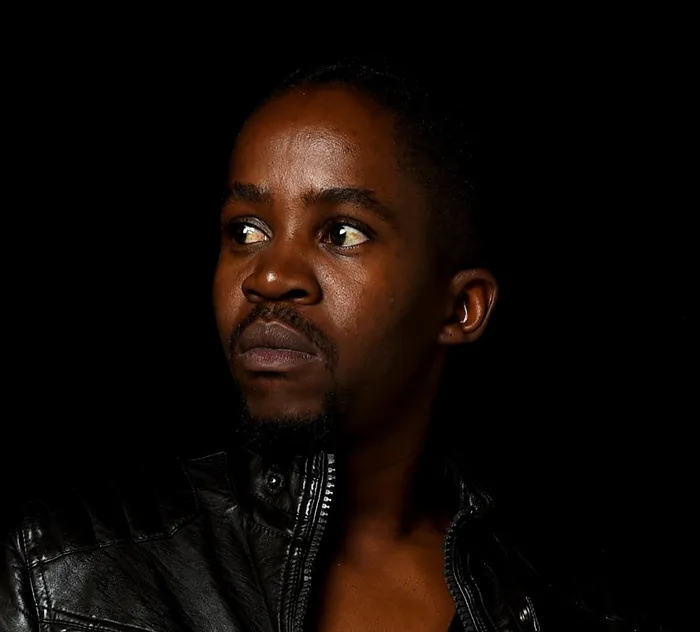Poetic Licence
It may explode into something far bigger
Last week, it was Mkhwanazi behind the mic. This week, it’s Ramaphosa’s turn. Two Sundays apart, but separated by trust and fire. The General spoke not like a cop, but like a revolutionary with a badge, naming names, refusing silence. He may have worn a South African military uniform, but his spirit marched like Ibrahim Traoré, head unbowed, spine unbroken. In just a few minutes, he did what few in power have dared: he called it. Now we wait to see if the President can match that clarity, or risk losing the last strands of public faith.

Rabbie Serumula, author, award-winning poet, journalist. Picture: Nokuthula Mbatha
Image: File Picture
Now we wait for Sunday, 13 July. The President is expected to address the nation. The people are expecting action, steps, suspensions, answers. And if Ramaphosa stumbles or sidesteps, the #HandsOffMkhwanazi march, planned for 15 July, won’t just go ahead. It may explode into something far bigger.
Mkhwanazi’s bombshell closed the distance between outrage and accountability: the DA and MK Party wasted no time opening criminal cases against Minister Senzo Mchunu, accusing him of parliamentary fraud and obstruction of justice. At the same time, MK Youth League protesters marched to SAPS headquarters in Pretoria, carrying struggle songs and placards in solidarity with the General. Their chants were clear: Mchunu must go, or face arrest. ActionSA’s street action in Durban echoed the same defiance: “The nation is behind him,” said their leaders, urging Ramaphosa to act. The people themselves filled streets in support this week. The chessboard is no longer still, and the people are not prepared to wait another move too long.
So what can the President say on Sunday? He has four moves, each loaded with consequences.
The first is the cleanest: suspend Mchunu, announce an independent inquiry, and throw full institutional weight behind protecting Mkhwanazi. That would calm the streets, signal accountability, and buy Ramaphosa credibility. The second is more cautious: promise a fact-finding process without immediate suspensions. That risks being read as indecisive, as playing for time while the fire spreads. The third is to downplay Mkhwanazi’s claims entirely, defend Mchunu, and hope it all dies down. But that would be a political blunder of historic proportions, a forced error with the crowd chanting checkmate. And the fourth? Say nothing of substance at all. Speak of unity. Condemn “divisions.” Appeal for calm. That would be the silence of a king who sees the board but can no longer move.
We’ve seen this game before, power bluffing its way past participle. But this time, the stakes are different. This isn’t just about a minister. It’s about whether truth still stands a chance in uniform. Whether the whistleblowers we bury are ever heard. Whether the republic still belongs to the people, or to those who silence them. On Sunday, the President won’t just be addressing the nation. He’ll be addressing the ANC's history of corruption. And this history, like the streets, is no longer in the mood to wait.
For more political analysis and commentary in vernacular, join the conversation on Rabbie’s YouTube Channel: https://youtube.com/@rabbie_wrote?si=czgaApr5eaEJiwpB
Related Topics: